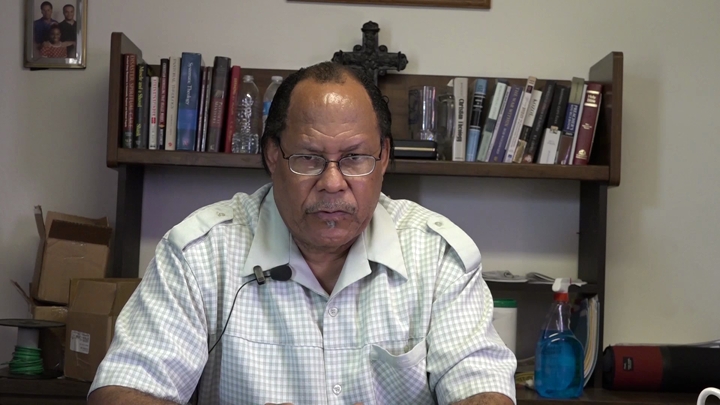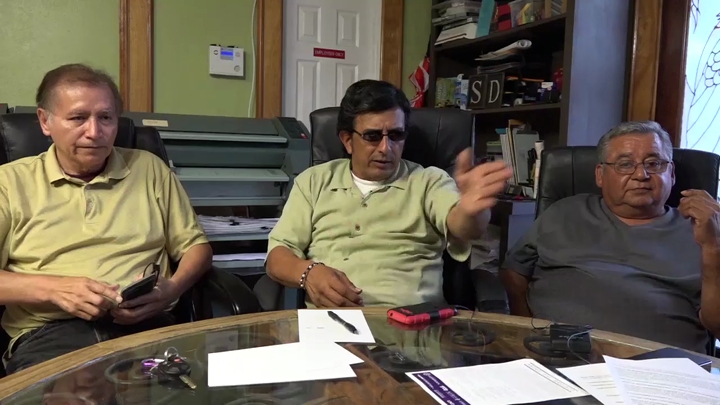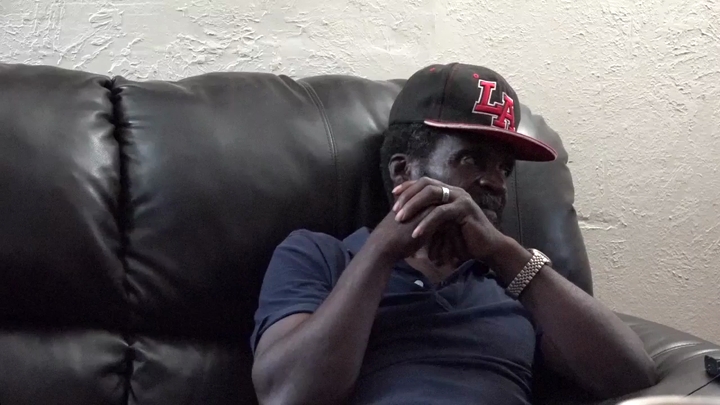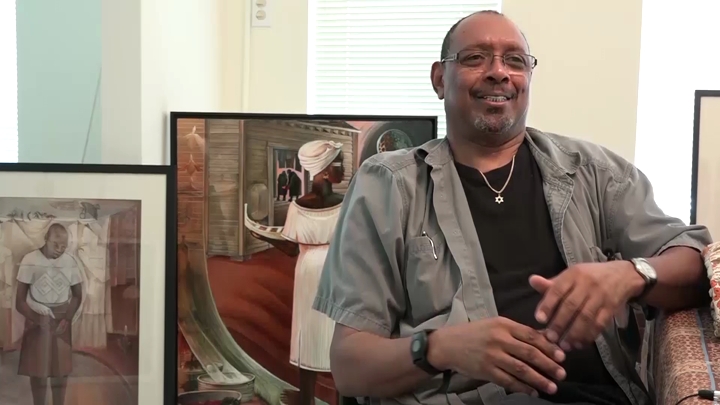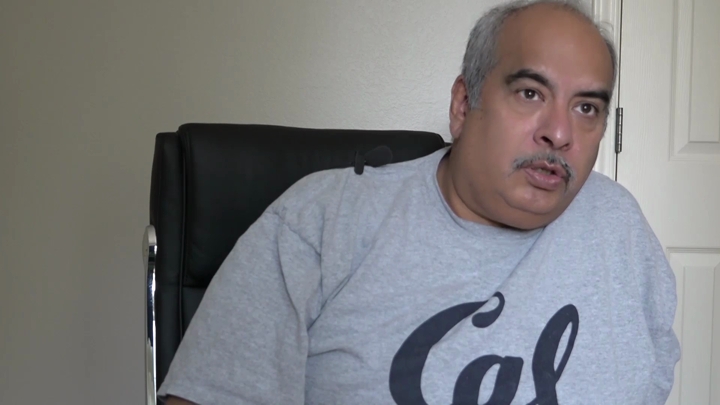Crear / Who Inspired You
sign up or sign in to add/edit transcript
Interviewer: You mentioned Malcolm. You mentioned Franz Fernand and Mao. Who else inspired you or informed or shaped your political action? Crear: You can go all the way back to Garvey. Like I said, Malcolm, especially in the sixties, he was a big influence over a lot of people. Not just the Nation of Islam. Of course, he left the Nation of Islam. I remember—you had—during the time it was—cause Motown put out an album of his speeches. When I was in college, everybody listened to it. You had The Last Poets. They were poets, but it was to music, you know, drums and they whole thing was political. You had a lot of things going on during that time. Like, most of schools they had a strong—or it was coming to the point where everybody had a black student union where you would gather and meet and that’s what brought on a lot of the black studies programs because there wasn’t no black studies programs before that, but it was the black student unions that pushed the schools. Especially on the West Coast. Really that’s where it all started. Pushed the high schools and colleges to have a curriculum on African American studies. That time, I mean, Kwame Nkrumah. We read up—. Interviewer: Who’s Kwame Nkrumah? Crear: He was the president of Ghana. He was very—in fact, he had a book. It was almost like Mao. Different quotes. Patrice Lumumba, I remember when they assassinated him in the Congo. The whole thing with Vietnam. That was a very—really that’s when—because Martin Luther King had become even more left-leaning in his politics. Opposing the war. He talked about the economics. It moved past the civil thing or the laws. It moved into economics. He talked about the military-industrial complex, so he started becoming more of a threat to the whole system. In fact, I have a book. It’s called The Radicalization of King because all they want you to hear about is I Have a Dream and all that kind of stuff, but he got deeper than that. There was so many influences going on back then because black people having pride in themselves and becoming aware. It’s like with Stokely and Rapp Brown. Black power. Everything. Even the music. We had James Brown. Say it loud, I’m black and I’m proud.” The Chi Lites, “For God Sake Give More Power to the People.” Marvin Gaye “What’s Going On?” Everything was about the struggle really, so it was a lo0t of influences. If you missed it, you must have been in the closet somewhere. That whole time was very turbulent. It was just like with the whole hippie movement, you know, because that whole thing was—you had these white middle-class kids that once they got away realized the whole thing their parents brought them up and taught them was a lie. They were rebelling, that’s what they were doing with the long hair and the love-ins and all that stuff. Woodstock, you know. It was a whole counter-culture to what so-called civilized society was supposed to be. It was a lot of things going on. Just like anything, especially with Kaepernick, I tell people, the people in power, they not no fools. They didn’t get in power—you know, what they do, they co-opt. When I was in high school or after the Watts Riot. It’s a shame that stuff (inaudible) violence, but after the Watts Riot, what’d they do? They started pouring money into the black community, but really just crumbs and then you had these people fighting over economi9c development money and then they started a thing for underprivileged students where you could get a free education. I remember a lot of leaders from that time, they were bought off. I remember Nixon coming on T.V. saying he was all for black power. He said black power was green power. So, they started giving money all these little small black businesses. I remember going to the cleaners over here, asking for a donation for the breakfast program. He had a picture of him and Nixon up on the wall, but he gave but he said he didn’t believe in what we were talking about, but we were doing stuff for kids. So, he gave every week, but he was very conservative. That’s what happens. That’s what they do. They co-opt things. They start throwing in money. Buying this person off. Buying that person off. They can’t stop the struggle, but they try.
| Interview | Interview with John Crear |
| Subjects | Education › Secondary Education |
| Education › Higher Education | |
| Education › Black Studies | |
| Historic Periods › Late 1960s [Exact Date Unknown] | |
| Student Activism › Student Organizations | |
| Black Power | |
| People › King, Martin Luther, Jr. | |
| People › Carmichael, Stokely | |
| People › X, Malcolm | |
| Military › Vietnam War › Anti-war Movement | |
| Tags | Nkrumah, Kwame |
| Watts Riot | |
| sign up or sign in to add/edit tags | |
| Interview date | 2016-06-06 |
| Interview source | CRBB Summer 2016 |
| Interviewees | Crear, John |
| Interviewers | Enriquez, Sandra |
| Rodriguez, Samantha | |
| Duration | 00:06:20 |
| Citation | "Who Inspired You," from John Crear oral history interview with Sandra Enriquez and Samantha Rodriguez, June 06, 2016, Civil Rights in Black and Brown Interview Database, https://crbb.tcu.edu/clips/3526/who-inspired-you, accessed February 24, 2026 |


